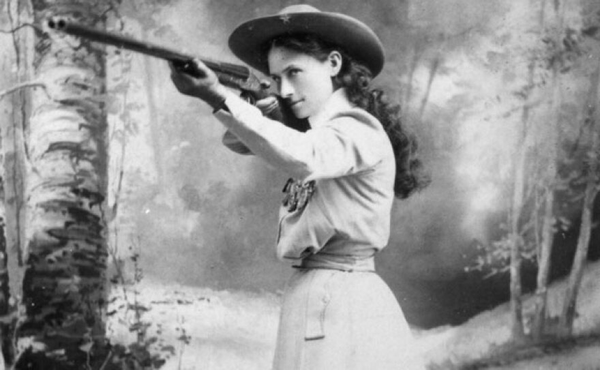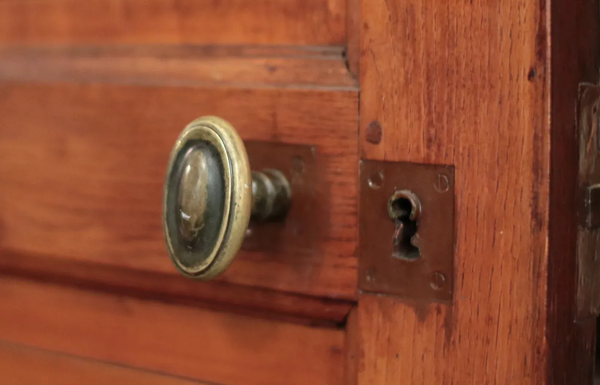The search for dark matter depends on shipwrecks
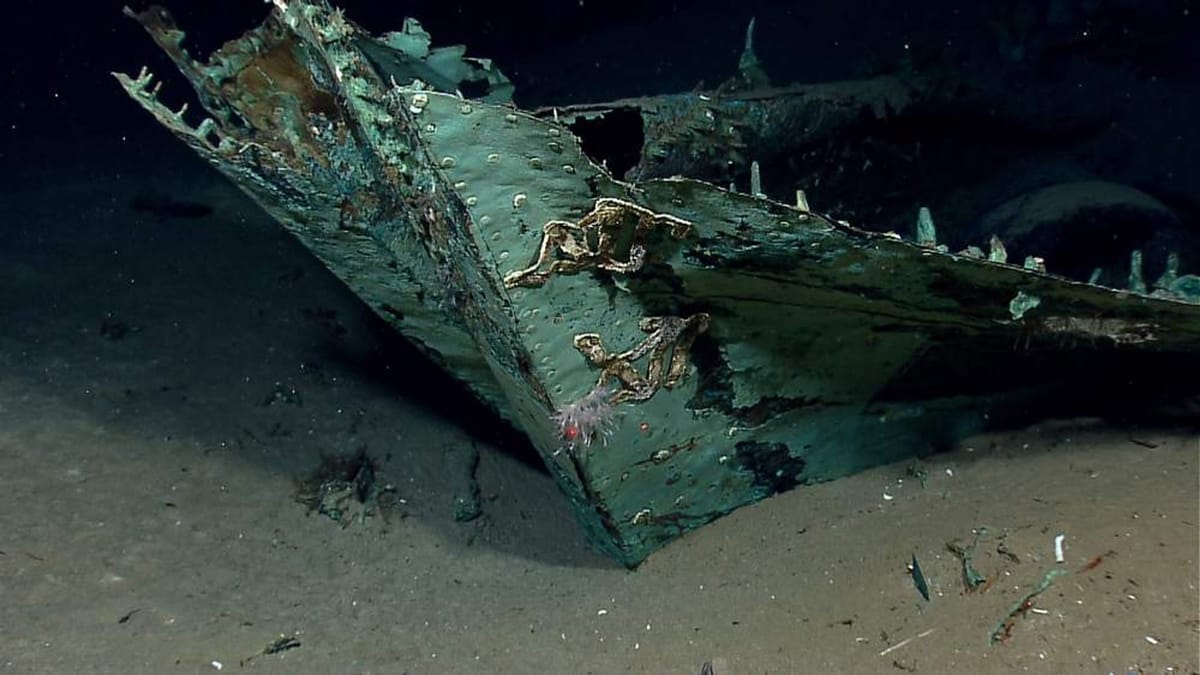
From The Atlantic: "Plenty of everyday objects, from ceramics and glass to metals and bananas, are radioactive, to varying degrees. Should the particles from their decay hit the detectors of particle-physics experiments, they could give scientists false positives and dig potholes on the road to scientific discovery. Even the experiments themselves, built from all kinds of metals, have lightly radioactive components. Just a few inches of lead can shield detectors from all kinds of rogue radiation, and one of the best ways to block sneaky, unwanted particles is to surround them with lead that itself is barely radioactive. The best source of such lead just so happens to be sunken ships, some of which have been corpses near coastal waters for as long as two millennia."
She's 116 years old and her entire town has become her family
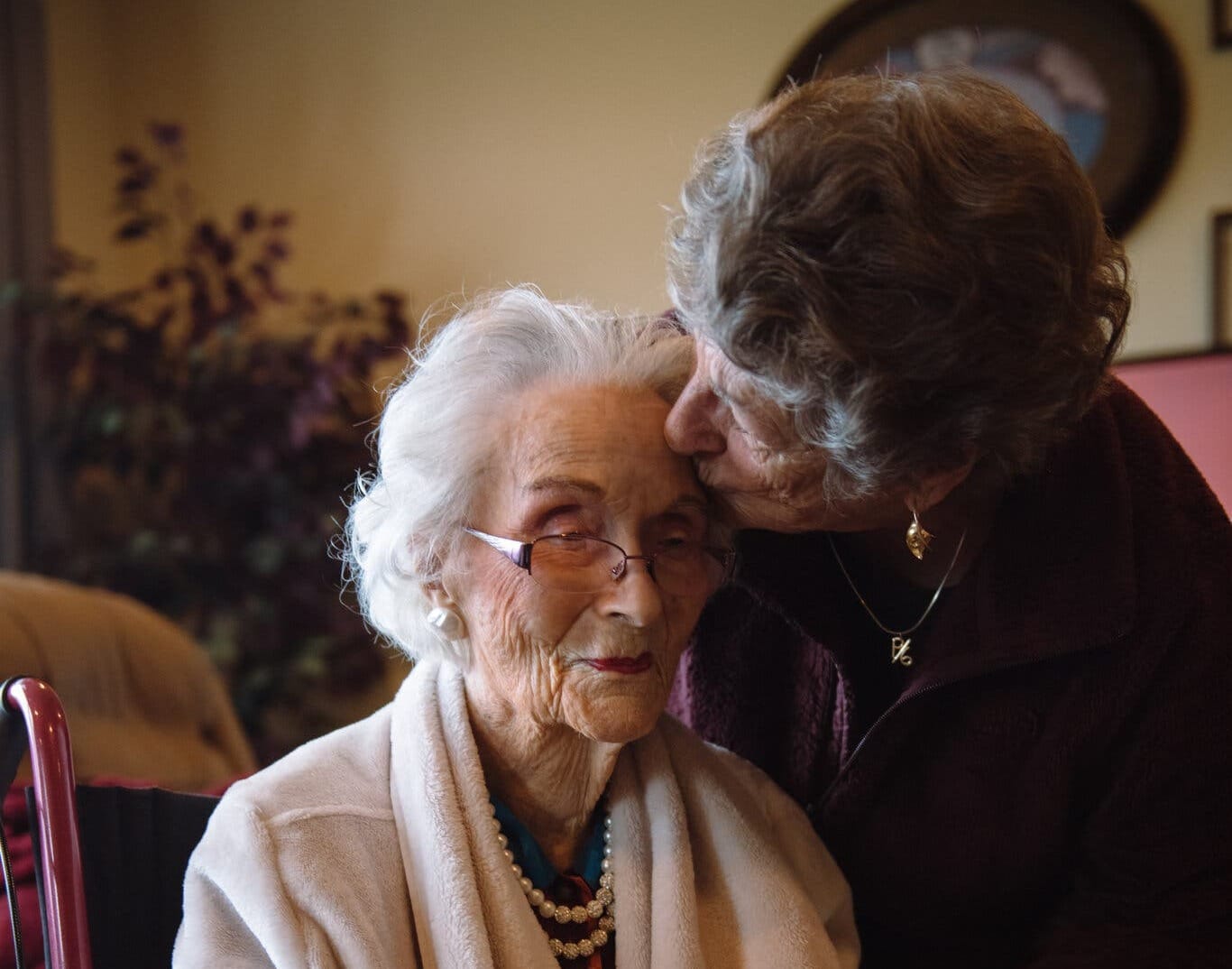
From the New York Times: "When Edith Ceccarelli was born in February 1908, Theodore Roosevelt was president, Oklahoma had just become the nation’s 46th state and women did not yet have the right to vote. At 116, Ms. Ceccarelli is the oldest known person in the United States and the second oldest on Earth. She has lived through two World Wars, the advent of the Ford Model T — and the two deadliest pandemics in American history. For most of that time, she has lived in one place: Willits, a village tucked in California’s redwood forests that was once known for logging but now may be better known for Ms. Ceccarelli. At Willits City Hall, where 100-foot redwoods tower overhead, a gold-framed photograph of Ms. Ceccarelli sits in a display case."
The bitter legal battle over who invented butter chicken

From the Wall Street Journal: "Butter chicken is among India’s most famous culinary exports. The fragrant, creamy curry has been adapted into pizzas in the U.S., a poutine topping in Canada and a pie filling in Australia. Now butter chicken is at the center of a saucy real-life drama roiling India. Rival restaurant chains are in a legal chicken fight over who created butter chicken. The culinary clash has risen to the Delhi High Court and is transfixing the nation, with debates rocketing through social media and TV stations keeping a rapt public abreast of the squabble. The showdown has roots in a New Delhi restaurant called Moti Mahal. It was founded in 1947, and known for serving the first butter chicken, which features tandoori chicken cooked in a tomato-based sauce."
Editor's note: If you like this newsletter, please share it with someone else. And if you really like it, perhaps you could subscribe, or contribute something via my Patreon. Thanks for being a reader!
A teen’s fatal plunge into the London underworld

From The New Yorker: "After Zac Brettler died, his parents struggled to decode the mystery of what had happened to him. They thought that they could pinpoint the moment he’d started to change: three years earlier, when, at sixteen, he began boarding at Mill Hill School, in North London. When Zac arrived, in 2013, he found himself in the company of the cosseted offspring of plutocrats from Russia, Kazakhstan, and China. The kids wore designer clothes and partied at swank hotels. Then Zac said he’d become friends with Akbar Shamji, a wealthy businessman, and he moved into a luxury flat right on the Thames. In November of 2019, a surveillance camera on the headquarters of MI6 captured Zac walking out of a brightly lit fifth-floor apartment. He went to one corner of the balcony, then returned to the center and jumped."
Before Peter Pan, J.M. Barrie wrote My Lady Nicotine, about the evils of smoking
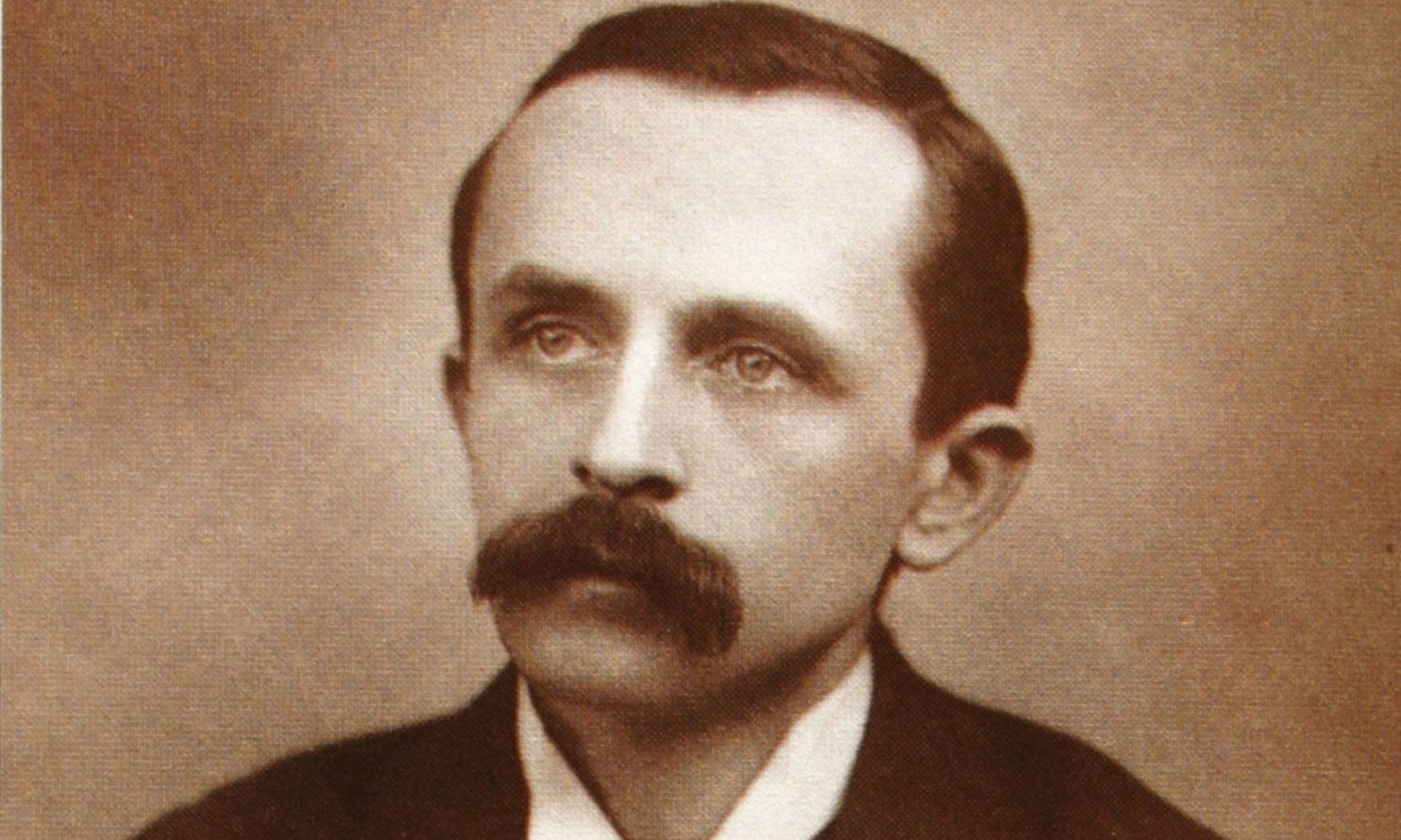
From Public Domain Review: "Before he conceived of Peter Pan, J. M. Barrie decided it was time to grow up and quit smoking. He justifies this decision in My Lady Nicotine: A Study in Smoke (originally published in 1890), which begins with a common trio of arguments against substance addiction. The bodily and spiritual ruin; the economic impact; the pain caused to loved ones. In the case of our narrator, he felt frequently like he was dying; realized several oriental rugs could be purchased yearly with the money saved; and delayed his marriage six months when his fiancée demanded that he cease his disgusting habit."
This team of indigenous women sculpts their stories in snow
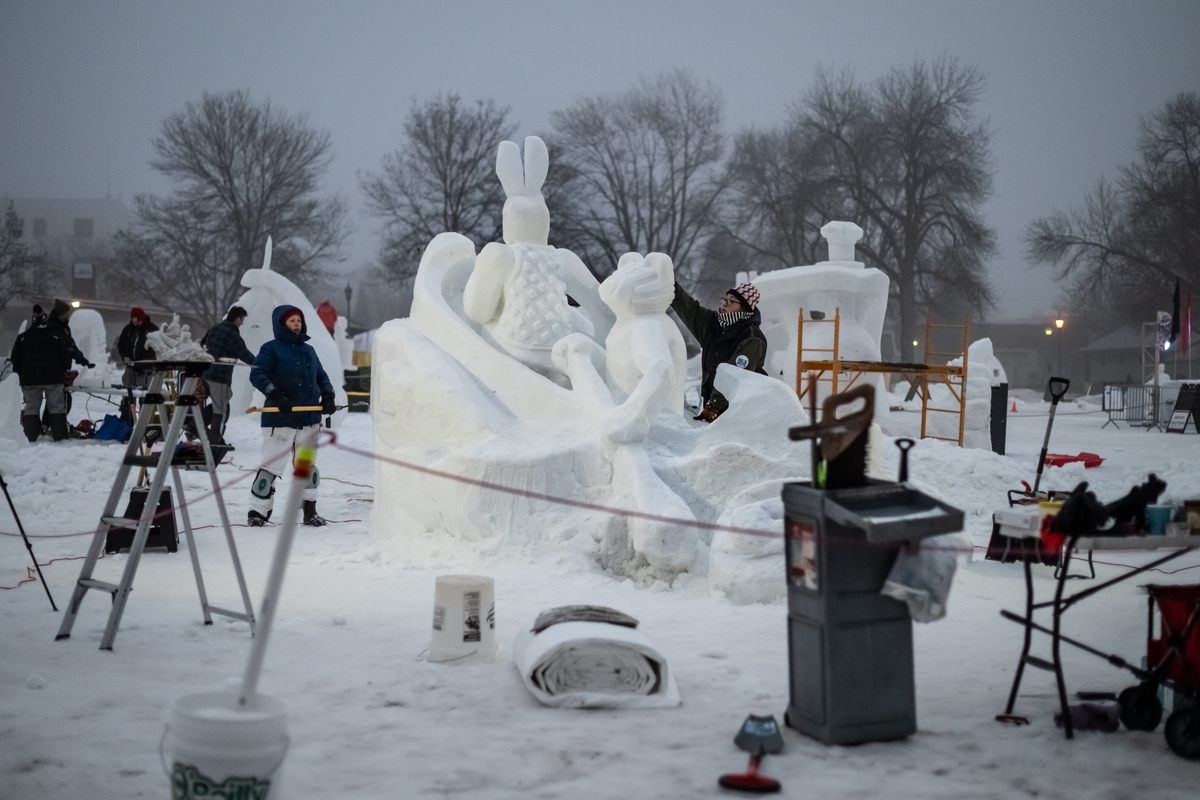
From Atlas Obscura: "It’s the dead of night on the edge of Wisconsin’s frozen Lake Geneva, and the frigid February wind is howling. A woman stands atop a cube of packed snow that’s taller than she is. Over and over, she muscles an auger—essentially, a giant corkscrew—into the block, painstakingly carving out a precise pattern. At the block’s base, her two “snow sisters” lop off more of the snow with machetes and saws in the light of their headlamps. They’ll have 49 hours to turn the eight-foot block of snow into something beautiful. They call themselves Team Kwe, after an Anishinaabemowin term for women; they are the only snow sculpting team in the US made entirely of Indigenous women."
The lost House of Wisdom, an ancient library in Baghdad
The Library of Alexandria isn't the only library lost to time.
— The Cultural Tutor (@culturaltutor) February 7, 2024
There was also the "House of Wisdom", built 1,000 years ago in Baghdad when it was the world's largest city.
What did it contain? What happened to it? This is the story of history's other great library... pic.twitter.com/i4Jk8o68VF
Acknowledgements: I find a lot of these links myself, but I also get some from other newsletters that I rely on as "serendipty engines," such as The Morning News from Rosecrans Baldwin and Andrew Womack, Jodi Ettenberg's Curious About Everything, Dan Lewis's Now I Know, Robert Cottrell and Caroline Crampton's The Browser, Clive Thompson's Linkfest, Noah Brier and Colin Nagy's Why Is This Interesting, Maria Popova's The Marginalian, Sheehan Quirke AKA The Cultural Tutor, the Smithsonian magazine, and JSTOR Daily. If you come across something interesting that you think should be included here, please feel free to email me.

